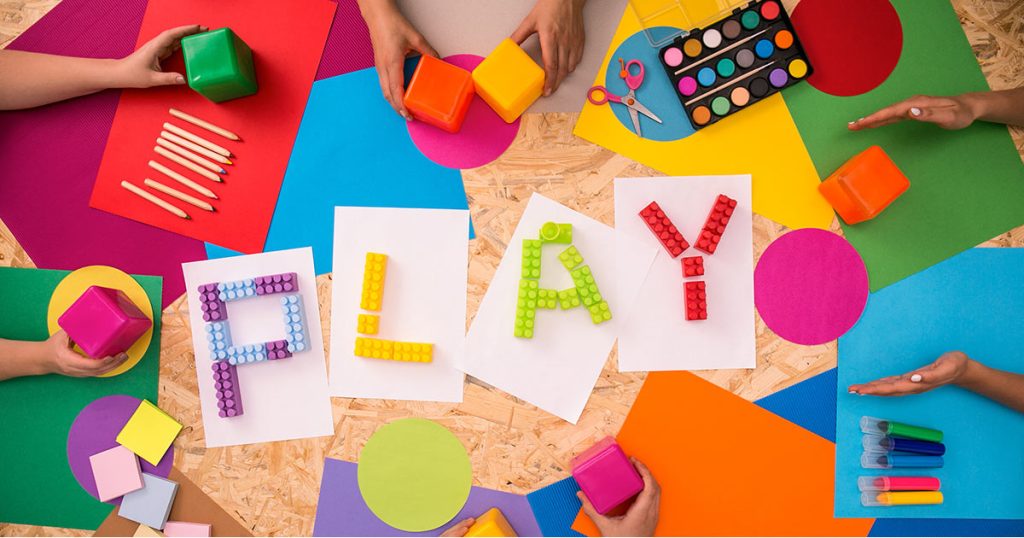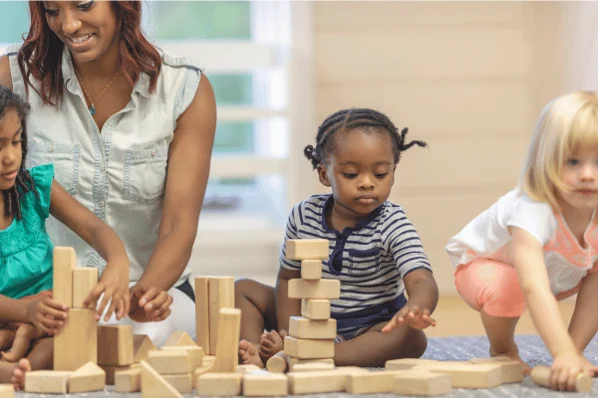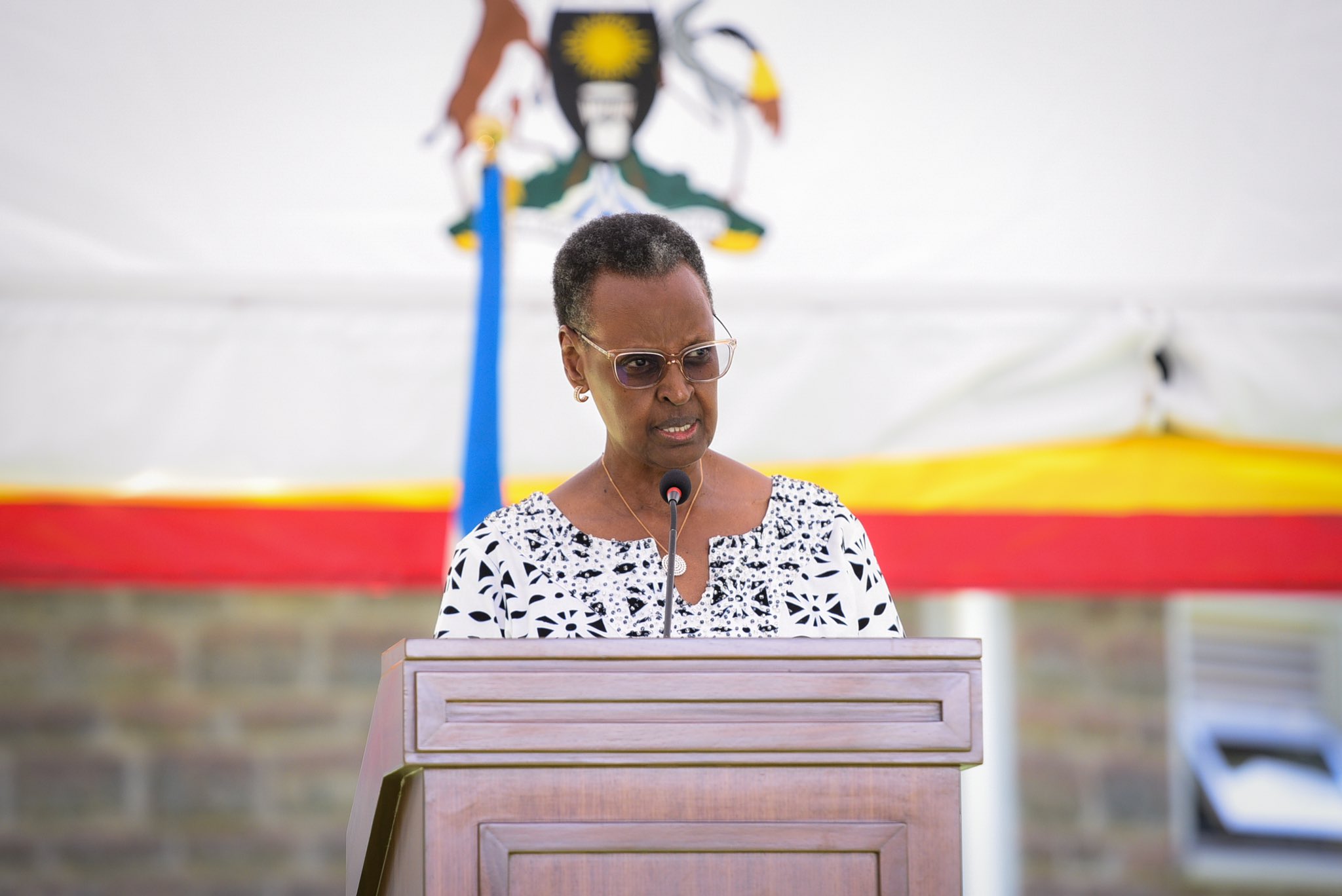Education Ministry Champions Play-Based Learning to Boost Child Development, Learning
In a move to revolutionize education, the Ministry of Education and Sports has pledged to champion learning through play. Recognizing the pivotal role of play in childhood development, the Ministry aims to integrate play-based learning into the national curriculum to foster holistic growth among students.
This initiative comes in response to global recognition of the importance of play in education. In March, the UN General Assembly designated an International Day of Play to underscore its significance.
The Permanent Secretary Ministry of Education, Ms. Ketty Lamaro emphasized that Uganda recognizes that play is not just a frivolous activity but the cornerstone of childhood development.
“This is reflected in the Early Learning Framework for learners aged 3 to 5 years, the Primary School Curriculum for learners aged 6 to 12+ years, and the Lower Secondary School Curriculum. Through play, children learn to explore, create, and imagine,” she said in a statement before the launch of the first-ever National Play Day.
Ms. Lamaro added that it’s on the playgrounds, in the fields, and amidst laughter that children develop crucial skills like communication, problem-solving, critical thinking, and teamwork. Play is where they learn to navigate the world around them, building resilience and adaptability along the way.
Historically, play-based learning has been a part of Uganda’s education system for centuries. In the past, playful activities were common in schools, teaching cooperation and creativity while teachers guided children as they explored and created on their own.
However, in recent times, a perception has developed that play is trivial to learning. Many “serious” schools have sidelined play in favor of rigorous academic and rote learning methods.
In these settings, nursery and primary children may spend entire days confined within four walls, with little opportunity for play. Those who attempt to engage in playful activities may even face punishment, such as caning, for deviating from strict academic pursuits.
Despite its undeniable significance, play is often overlooked or undervalued in Uganda’s education system. The Permanent Secretary acknowledges that in many communities, children lack safe and accessible spaces to engage in play.
“This is a reality we must change. Every child deserves the opportunity to play freely, to run, to jump, and to dream without barriers. It’s on this basis that playgrounds are considered a basic requirement for any school to be licensed or registered by the Ministry of Education and Sports,” Ms. Lamaro noted.
The Ministry of Education is committed to working with stakeholders, including parents, to ensure that play is emphasized in teaching and learning through the retooling of teachers, providing instructional materials, and sharing effective practices for learning through play.
The Permanent Secretary also revealed that the Ministry has begun developing the National Guidelines for Learning through Play, with the National Curriculum Development Centre and Basic Education Department leading the process.

Ms. Janet Kataaha Museveni, Minister of Education and Sports, stated that as the Ministry moves to support and awaken learning through play, teachers, parents, and communities must dispel the misconception that play is trivial, insignificant, counterproductive, or merely a pastime for children.
“When children are supported to learn through play, their life skills and values are enhanced; they become morally and spiritually upright and emotionally intelligent. Play shapes their cognitive and communication skills. It also helps children become strong problem solvers and critical thinkers. Besides this, play contributes to human capital development right from the initial stages of a child’s life, so that by the time they begin formal education, they have an idea of what they want to be,” she said.
She highlighted that although play was crucial both at home and in school in the past, the turbulent conflicts from the late 1960s to the mid-1990s led people to prioritize survival. Consequently, children lost their societal role, and play became restricted.
To promote the initiative, the government will provide support for the training of Centre Management Committees, ensuring schools adhere to basic requirements and minimum standards, including the provision of play materials.
However, she emphasized that fostering learning through play should be everyone’s responsibility. “It’s imperative that we all ensure children within our spheres of influence are nurtured and encouraged to learn naturally through play, facilitating their full potential.”
Play-based learning has evolved into a critical approach to enriching student engagement, fostering inclusivity, and nurturing comprehensive skill development. Research underscores the multifaceted impact of play, emphasizing its substantial contribution to brain development, with 80% achieved by age three and 90% by age five.



